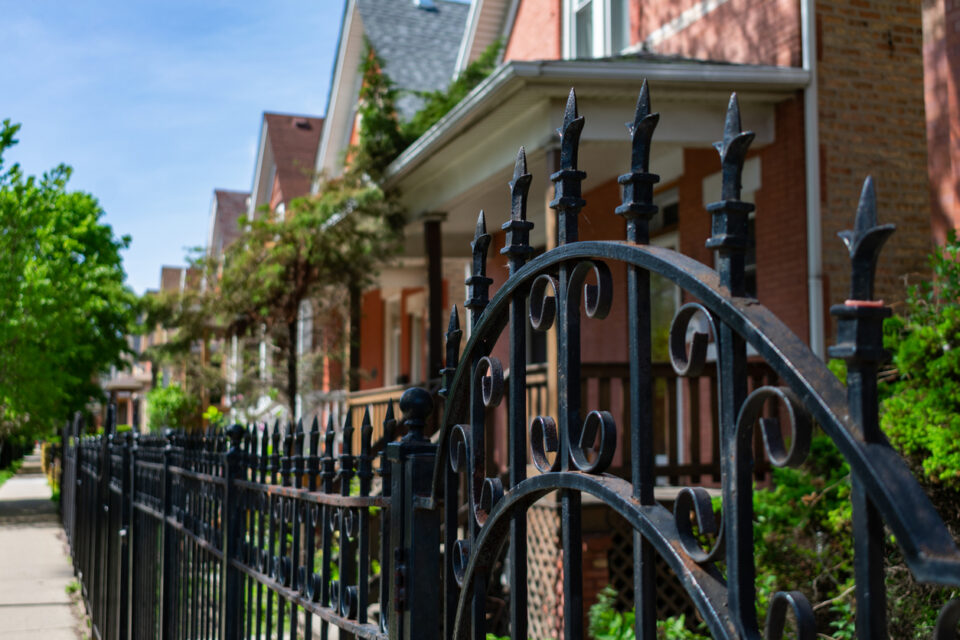What Property Managers Need to Know About Chicago’s “Fair Notice” Ordinance
Date
July 27, 2020
Read Time
2 minutes
Share

On July 22, by a 35-14 vote, Chicago City Council passed the "Fair Notice Ordinance," requiring residential landlords to provide increased notice before increasing rent or not renewing a lease. Previously residential landlords were required to give at least 30 days' notice before increasing rent or not renewing a lease. The Fair Notice Ordinance creates a tiered notice requirement based on the duration of the tenancy, as noted in the below chart:
While the Ordinance's increased notice requirements do not apply to owner-occupied buildings containing six or fewer units, many Aldermen expressed concern that the Ordinance could harm mom-and-pop landlords by allowing non-paying tenants to remain in the premises for three additional months. Mayor Lightfoot and Aldermen supporting the Ordinance consider it a minimal burden on landlords, and a necessary step to stem potential "mass evictions" due to the Covid-19 pandemic and related economic downturn. Landlords are not required to provide notice as required by the Ordinance if the landlord has terminated the rental agreement due to the tenant's failure to pay rent, material noncompliance, disturbance of others, or abandonment of the dwelling unit.
In addition to the new notice requirements, the Ordinance grants tenants a one-time cure right to prevent eviction orders related to the tenant's non-payment of rent. Previously, a tenant did not have the absolute right to cure after an initial five-day notice was served. With the changes in the Ordinance, tenants can now cure, even after a lawsuit is filed. A judgment is entered, by paying the amount due through the date of payment (including court costs incurred by the landlord, but not including attorneys' fees), or if the landlord provides no amount, then the tenant is only obligated to pay the amount of rent due through the date of judgment. Once the tenant cures, the eviction order must be vacated, and the landlord or the tenant dismisses the lawsuit.
The Ordinance is effective immediately. An additional Ordinance championed by proponents of the "Fair Notice Ordinance" proposes additional restrictions on evictions and relocation assistance. Some tenants were referred from the Rules Committee to the Housing Committee and are expected to be voted on in September.